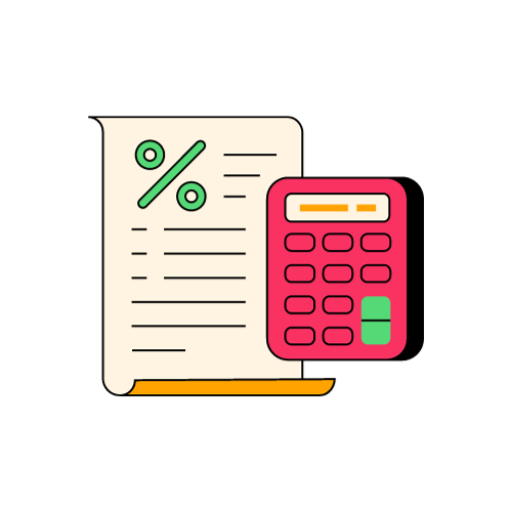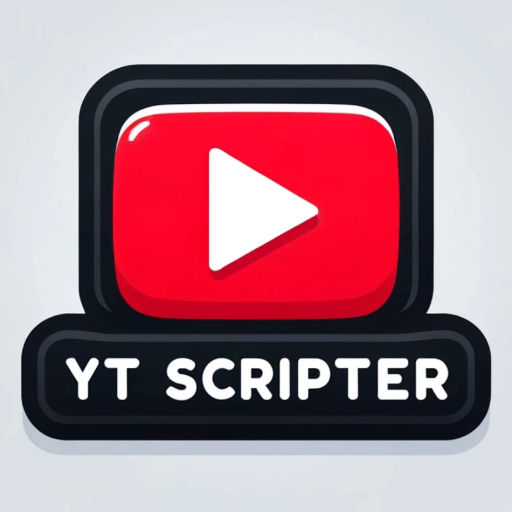Accounting Assistant GPT-AI-powered accounting assistance tool
AI-powered accounting insights made easy
How do I create a financial statement?
Explain double-entry bookkeeping.
What are the key tax considerations for a small business?
Can you define accrual accounting?
Related Tools
Load More
Accounting GPT
Your accounting expert.

Business and Management Professor GPT
Your academic aid in Business and Management studies.

Accountant GPT
Your Financial Partner. Expertise in Record Keeping, Budgeting, Tax Prep, Analysis, Payroll, and Investment. Smarter Financial Management Made Easy.

Financial Accounting GPT
Expert in Financial Accounting

Accounting Aid
Helps with accounting queries

GPT for YNAB (Unofficial)
AI assistant for You Need A Budget (YNAB), powered by ChatGPT. Not affiliated with or endorsed by YNAB. As with any AI, this assistant can hallucinate or be flat out wrong. DO NOT make financial decisions based on this assistant.
20.0 / 5 (200 votes)
Introduction to Accounting Assistant GPT
Accounting Assistant GPT is designed to assist users in understanding and applying accounting principles, helping with financial analysis, tax calculations, bookkeeping, and more. It can handle complex accounting scenarios, answer technical queries, and provide real-time information. By leveraging its knowledge in accounting, finance, and business management, it serves as a versatile tool for both professionals and students. The AI's capabilities extend from explaining accounting standards to helping with financial reporting and auditing practices. It can also integrate with current events to provide real-time financial data. For instance, a business owner might ask about the impact of a new tax law on their business, and Accounting Assistant GPT would analyze the situation and provide insights based on up-to-date regulations.

Key Functions of Accounting Assistant GPT
Financial Analysis
Example
Performing ratio analysis, such as current ratio, debt-to-equity ratio, or return on equity.
Scenario
A company’s CFO needs a quick analysis of their liquidity and profitability before presenting to stakeholders. The GPT helps calculate and interpret key ratios to assess the company's financial health.
Tax Advisory
Example
Providing insights into tax deductions, credits, and recent regulatory changes.
Scenario
A small business owner wants to know which expenses are tax-deductible for their upcoming tax filings. The GPT helps identify deductible items and offers guidance on current tax laws, ensuring compliance and maximizing savings.
Bookkeeping Support
Example
Assisting in categorizing expenses, tracking income, and preparing financial statements.
Scenario
A freelance worker managing their own accounts needs help organizing their income and expenses for quarterly tax submissions. The GPT guides them through the process, helping them categorize entries correctly and generate accurate reports.
Target User Groups for Accounting Assistant GPT
Small Business Owners and Entrepreneurs
These users benefit from having an accessible accounting assistant to help manage their finances, track expenses, and stay compliant with tax laws. For many small business owners, hiring a full-time accountant may not be feasible, so having Accounting Assistant GPT provides a cost-effective, on-demand solution for bookkeeping, tax advice, and financial planning.
Accounting Professionals and Students
This group includes accountants, auditors, tax professionals, and students studying accounting. Accounting Assistant GPT can assist professionals with quick calculations, complex tax questions, and in-depth financial analysis, while also helping students better understand accounting concepts and apply them in real-world scenarios.

How to Use Accounting Assistant GPT
Step 1
Visit aichatonline.org for a free trial without login, no need for ChatGPT Plus.
Step 2
Familiarize yourself with the platform’s features. You can use it for tasks like accounting queries, financial analysis, bookkeeping tips, and tax advice.
Step 3
To get the most accurate results, be specific with your queries, such as ‘How to calculate depreciation using the straight-line method?’ rather than general questions.
Step 4
Use the tool for varied tasks like financial reporting, creating balance sheets, tax planning, or payroll management. You can also ask for clarification on accounting terms.
Step 5
For optimal experience, ensure your questions are detailed and formatted properly, especially when handling complex financial scenarios or multi-step calculations.
Try other advanced and practical GPTs
Concise GPT
AI-powered clarity and conciseness.

Research Radar: Tracking STEM sciences
AI-powered insights into emerging STEM research.

Shelly Shell Scripting
AI-powered shell scripting assistance.

Threat Model Buddy
AI-powered threat analysis for robust security.

All Things Air Force GPT
AI-powered performance evaluation for the Air Force

Tinder Whisperer
AI-powered help for better dating conversations.

Cover Letter GPT
AI-Powered Cover Letter Creation

跨平台信息整理GPT
AI-powered cross-platform information aggregator.

阴阳怪气大师
Master sarcasm and passive-aggressive wit with AI.

Bluebook Legal Citation Generator - Unofficial
Effortlessly generate accurate legal citations with AI.

学术大师 / Academic Master
AI-powered academic analysis and insights

YT Scripter GPT
AI-Powered YouTube Script Creation

- Tax Planning
- Financial Reports
- Cost Analysis
- Bookkeeping
- Payroll Management
Frequently Asked Questions about Accounting Assistant GPT
What can Accounting Assistant GPT help me with?
Accounting Assistant GPT can assist you with bookkeeping, financial reporting, tax calculations, payroll management, and even help clarify accounting concepts like depreciation or amortization.
Is Accounting Assistant GPT suitable for professional accountants?
Yes, the tool is designed to handle both basic and advanced accounting queries, making it suitable for professionals, small business owners, and students alike.
Can it help with tax preparation?
Absolutely. Accounting Assistant GPT can guide you through tax calculations, provide advice on deductions, and help you understand tax laws and compliance.
How accurate is the financial advice provided?
The tool provides accurate answers based on accounting principles and available data, but it is always recommended to consult a certified accountant for highly specialized or legal matters.
What industries can benefit from this tool?
Industries like retail, hospitality, finance, consulting, and startups can benefit from Accounting Assistant GPT, as it helps streamline financial operations and offers clarity on accounting practices.